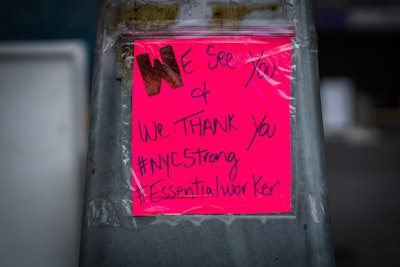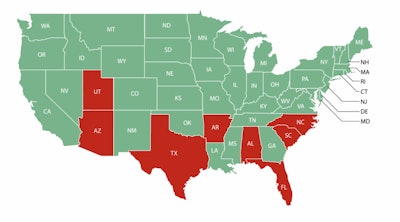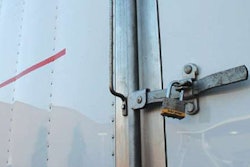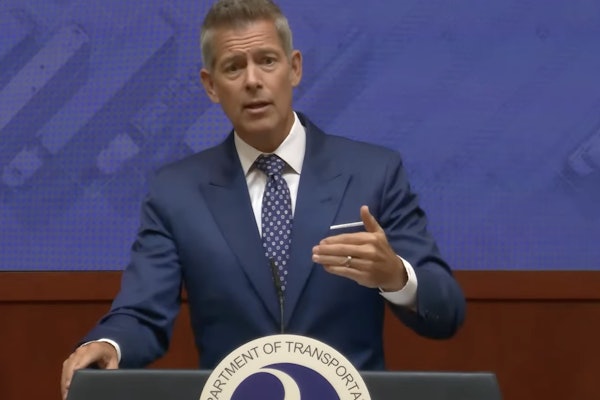
Starting at 12:01 this morning, three Northeastern states began requiring travelers coming from nine other states with significant numbers of new COVID-19 coronavirus cases to self-quarantine for two weeks upon arrival. Only one state has said what that means for truckers.
 Travel restrictions apply to people from the states shown in red. The restrictions also apply to Washington.
Travel restrictions apply to people from the states shown in red. The restrictions also apply to Washington.
The governors of New York, New Jersey, and Connecticut Wednesday, June 24, jointly announced the restrictions as COVID-19 cases have risen dramatically in several states that have allowed businesses and institutions to reopen. The restriction by the three states applies to travelers from Alabama, Arkansas, Arizona, Florida, North Carolina, South Carolina, Washington, Utah, and Texas.
The travel advisory does not apply to individuals passing through designated states for less than 24 hours during the course of travel.
New York exempts essential workers — including truckers — and first responders from the mandatory two-week quarantine. However, the state Health Department today issued guidelines for truckers and other essential workers to follow based on the amount of time they will be in the state.
Short Term (For essential workers traveling to New York State for less than 12 hours. This includes instances such as an essential worker passing through New York, delivering goods, awaiting flight layovers, and other short-duration activities.) They:
- should stay in their vehicle and/or limit personal exposure by avoiding public spaces as much as possible
- ought to monitor temperature and signs of symptoms, wear a face covering when in public, maintain social distance, and clean and disinfect workspaces
- are required, to the extent possible, to avoid extended periods in public, contact with strangers, and large congregate settings
Medium Term (For essential workers traveling to New York State for less than 36 hours, requiring them to stay overnight. This includes instances such as an essential worker delivering multiple goods in New York, awaiting longer flight layover, and other medium duration activities.) They:
- should monitor temperature and signs of symptoms, wear a face covering when in public, maintain social distance, and clean and disinfect workspaces
- are required, to the extent possible, to avoid extended periods in public, contact with strangers, and large congregate settings
Long Term (For essential workers traveling to New York State for more than 36 hours, requiring them to stay several days. This includes instances such as an essential worker working on longer projects, fulfilling extended employment obligations, and other longer duration activities.) They:
- should seek diagnostic testing for COVID-19 as soon as possible upon arrival (within 24 hours) to ensure they are not positive
- should monitor temperature and signs of symptoms, wear a face covering when in public, maintain social distancing, clean and disinfect workspaces for a minimum of 14 days
- are required, to the extent possible, avoid extended periods in public, contact with strangers, and large congregate settings for a period of, at least, seven days.
Connecticut, as of this afternoon, had not issued similar guidelines. The New Jersey governor’s office could not be reached for comment.
New York Gov. Andrew Cuomo emphasized the move by the three states was a travel advisory and not an outright ban, and that people are still welcome to travel to the states. However, visitors to New York who are found to be in violation of the advisory could be subject to a judicial order and mandatory quarantine. He said each state will create its own enforcement mechanism.
There was no indication of how long the mandatory self-quarantine requirement would last.











